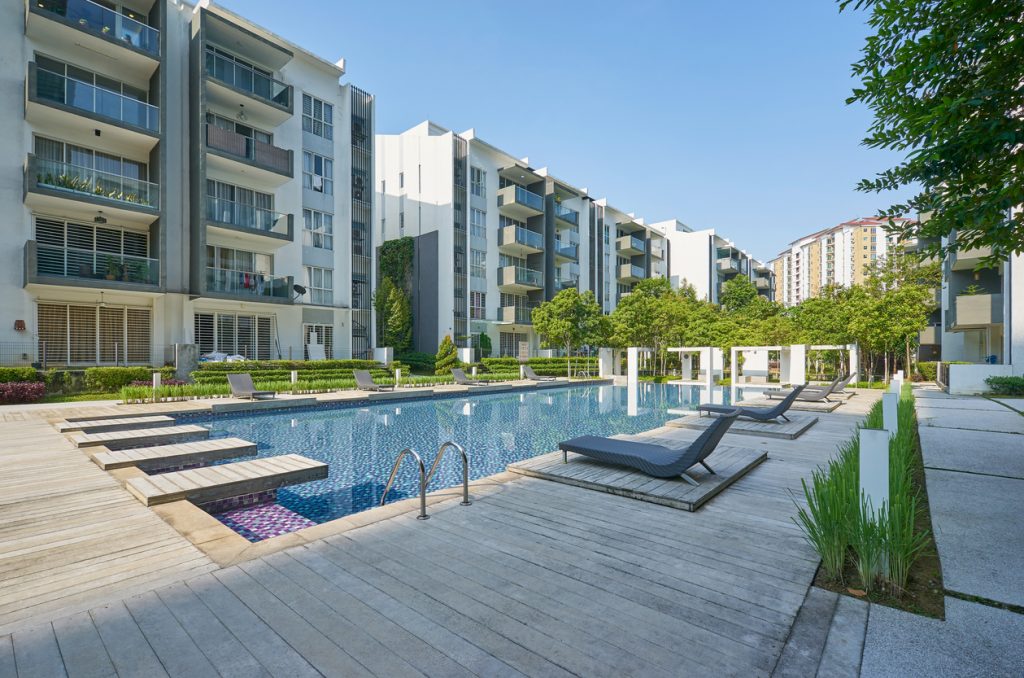Swimming pools are among the most popular amenities in apartment complexes. On hot days, residents flock to these features to cool off, socialise, and burn energy. Sadly, however, they are also the scene of many devastating events.
From slip and fall accidents to accidental drowning, there are a number of things that can go wrong in a communal swimming pool. Understanding how to determine liability for these events is important. If you or someone you love has been harmed as the result of a poorly maintained swimming pool, it may be possible to seek compensation.
Basic Expectations for Building Owners
By offering swimming pools as communal amenities, apartment complexes are able to increase their marketability. Features like these help buildings attract qualified tenants more rapidly, and they even make it possible for property owners to charge higher rents. However, these benefits do not come without risks and responsibilities.
There is additional risk associated with offering water features, and a number of important steps that must be taken to mitigate this risk. Among these are:
- Installing an effective barricade around water features to prevent accidental drownings
- Keeping pool areas properly lit if opened during nighttime hours
- Regularly performing adequate pool maintenance
- Posting safety signage that alerts users of potential dangers
- Posting a visible list of rules that detail what swimmers can and cannot do safely
Absent of these efforts and others, complex owners can often be held liable for the injuries and damages that residents sustain when using these features. It's also important to note that when residents bring guests into the swimming area, any guests that sustain swimming-related injuries while on the premises may be able to seek damages as well.
There is additional risk associated with offering water features, and a number of important steps that must be taken to mitigate this risk.
Common Swimming Pool Injuries
Often, when people think of the dangers associated with swimming pools, many immediately consider drowning. Surprisingly, however, there are a vast range of accidents that can occur around large bodies of water, slick surfaces, and tiled or concrete walls that may be used as launching pads for jumping or diving. In addition to drowning events, common swimming pool accidents include:
- Illness and even death due to contaminated water
- Concussions and other head injuries due to falling or diving
- Broken bones
- Electrocution
- Skin, eye, ear, and respiratory infection
- Joint dislocation
From water with excessively high levels of bacteria to unenforced diving rules, errors in mismanagement and poor supervision, general negligence of communal water features can lead to a host of problems. When filing claims, residents and their guests must show that their illnesses or injuries are the result of insufficient efforts on the part of property owners to ensure overall premises safety.
When Accidents and Injuries Are Not the Fault of Building Owners or Managers
Even when property owners and their management teams do their due diligence in ensuring that swimming areas are safe and that pool users are not engaging in dangerous behavior, people can still get harmed. In these instances, injuries usually occur because residents simply aren't following the posted pool rules and warnings.
[ymal]
For instance, when pools are not sufficiently deep to accommodate jumping or diving, vaulting off the side of the pool could result in leg, back, neck, head, shoulder, and other injuries. Drinking while swimming or otherwise under the influence greatly increases the risk of drowning.
If property owners can show that tenants failed to obey pool rules, and that pool rules and safety warnings were clearly posted, the related premises liability claims against them can be deemed invalid.
Freely offering swimming pool access to tenants entails a considerable amount of risk. By posting proper signage, placing limitations on non-resident guests, and creating a swimming area that's clean, well-lit, and secured, building owners can limit their likelihood of facing costly liability issues.
When tenants do not adhere to pool rules and ignore other signage alerting them of potential hazards, they are unlikely to receive compensation for any losses or damages that are sustained while using these features.






















